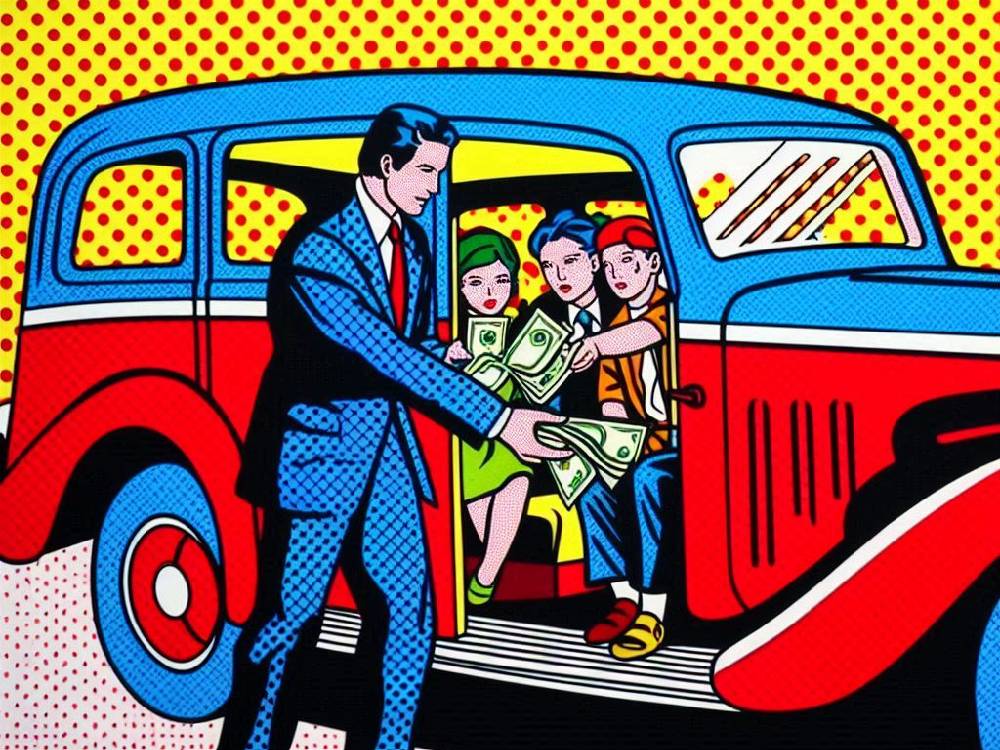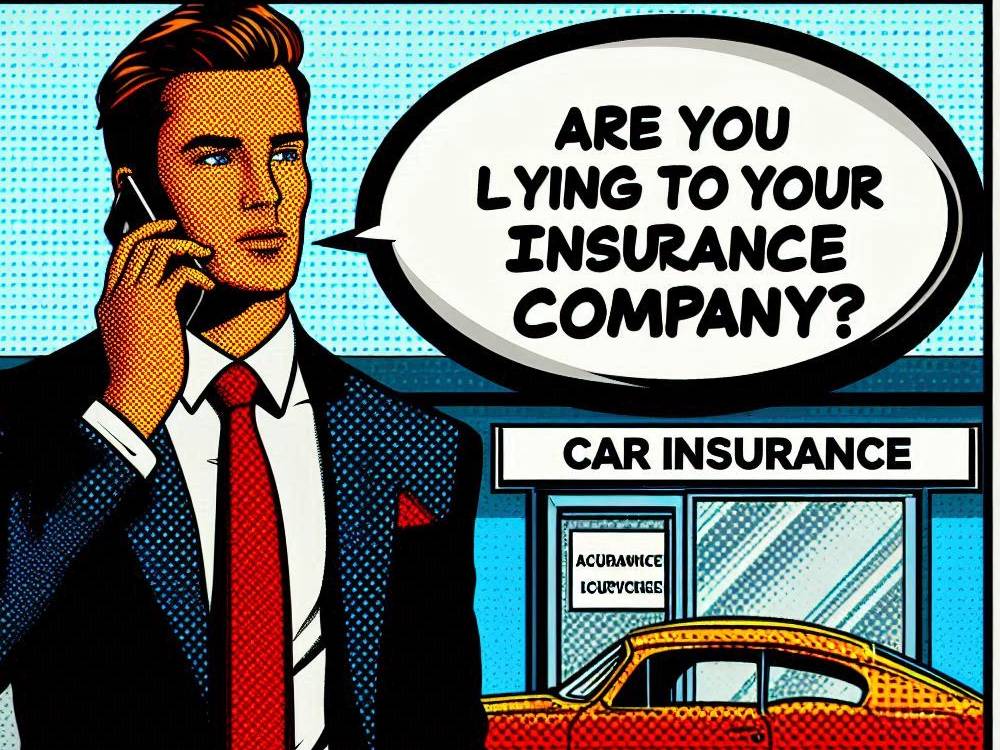Introduction
Petrol money lift legality.
At first glance, charging a mate £10 for a lift might seem harmless.
However, what you might not realise is that this small favour could legally backfire.
In this article, we’ll unpack why even casual cost-sharing could land you in serious trouble with your insurer.
When Cost-Sharing (petrol money) Becomes Commercial Activity
To begin with, it’s important to understand what insurers actually consider to be “hire and reward.”
In most cases, if you receive more than the exact cost of fuel and wear, you may be entering dangerous territory.
While some drivers assume a small profit from petrol money won’t matter, insurers often see this differently.
In fact, even a few pounds extra can legally reclassify your driving as commercial.
Consequently, your personal car insurance might no longer apply—leaving you financially exposed.
What Actions Raise Red Flags For Insurers?
Next, let’s look at the behaviours that could trigger scrutiny from your insurer.
For instance, if you’re frequently offering lifts to people outside your household, that alone could be suspicious.
Additionally, asking for more petrol money than the actual running costs could make things worse.
Even worse, advertising on social media or forums suggests that you’re actively seeking profit.
As a result, insurers may conclude you’re operating a taxi-like service—without the right cover.
What’s At Stake If Your Policy Is Invalidated?
So, what happens if your insurer decides your policy is void?
First off, any claims you make may be flat-out rejected.
Worse still, you could be charged with driving without insurance—a criminal offence.
That means points on your licence, hefty fines, or even a driving ban.
Moreover, the financial fallout doesn’t stop there.
You might have to pay for repairs or injuries out of your own pocket.
Clearly, a casual lift isn’t worth the risk.
What Do HMRC And The ABI Say About This?
Let’s shift gears for a moment.
You might be wondering, “What do the official bodies actually say?”
Well, here’s the deal.
According to HMRC, cost-sharing is allowed, but only up to a point.
Once your contributions exceed actual expenses, things start to change.
In other words, it’s no longer seen as sharing.
Instead, it begins to look like a profit.
And that matters — a lot.
Meanwhile, the Association of British Insurers (ABI) agrees.
They clarify that genuine cost-sharing is fine, as long as no money is made beyond your expenses.
However, once you tip into profit — even slightly — your insurance may no longer apply.
Why?
Because at that point, you’re technically operating a business.
And that, unfortunately, is a whole different category of cover.
In short, you can’t mix personal cover with commercial intent.
How To Share Costs, Including Petrol Money, Without Losing Your Cover
Now that you know the risks, let’s look at how to do things right.
First and foremost, always match what you receive to what you actually spend.
That means fuel, tolls, maybe some minimal wear and tear — and nothing more.
If you’re receiving more than that, you’re crossing a legal line.
Here’s where most people slip up:
They round up casually or ask for “a bit extra” just in case.
That “extra,” however, can land you in serious trouble.
In addition, try to avoid regular lift offers — especially to non-household members.
Doing so too often could make it appear as if you’re running an unofficial taxi service.
And even if you aren’t, insurers might see it that way.
Another crucial point?
Never advertise your availability for rides online.
While it might seem like a harmless way to split costs, insurers and regulators interpret that as actively seeking payment.
Consequently, that could count as “hire and reward,” which most personal policies don’t cover.
So what’s the best move?
Stick to occasional, clearly cost-shared lifts.
Always communicate your intent.
And if you’re ever unsure, ask your insurer.
Better safe than sorry.
What If You’ve Already Crossed The Line And Accepted Petrol Money?
Here’s a tough but important question:
What if you’ve already accepted money that could be considered profit?
If that’s the case, don’t panic — but do take action immediately.
To start, review your current policy documents thoroughly.
Look for any mention of “hire and reward,” “personal use only,” or “exclusions.”
Not sure what your policy means?
Then this explainer might help:
Comprehensive vs Third Party – What’s the Difference?
Next, contact your insurer directly.
It’s tempting to ignore the issue — but that could make things worse.
Instead, be honest.
Explain what happened.
Ask whether your cover is still valid.
In many cases, they’ll appreciate your transparency.
They might even let you adjust your policy without penalty.
On the other hand, if you say nothing and something happens later, your claim could be rejected entirely.
That’s a risk you don’t want to take.
By being proactive, you can fix the situation — before it spirals.
Conclusion
Let’s bring this all together.
On the surface, accepting a tenner for a lift might seem like no big deal.
However, as we’ve seen, there’s far more at stake than a little extra cash.
Because once that payment exceeds actual costs — even slightly — you’re no longer just a helpful friend.
You’re potentially a driver for hire.
And if your insurer sees it that way?
You could face policy cancellation, rejected claims, or even prosecution for uninsured driving.
In addition to the legal fallout, you’d also face a massive financial risk.
And all of that… for just a few pounds.
So here’s the bottom line:
Before you accept petrol money, ask yourself — is this genuine cost-sharing?
Or is it edging into profit?
If you’re not 100% sure, take a step back.
Because once you cross that line, there may be no going back.
Need help staying on the right side of your cover?
You’ll want to check out:
What Will Invalidate Your Car Insurance
Similar Articles You’ll Want to Read
Want to make sure your insurance stays rock solid?
Here are some hand-picked guides to dive into next:






